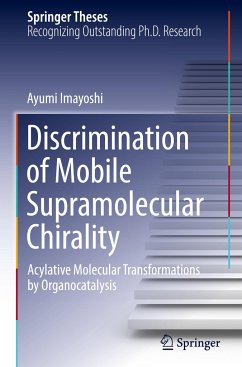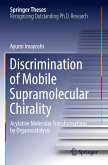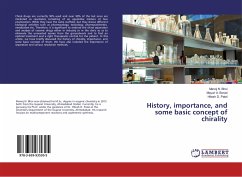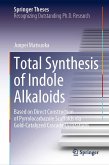This book proposes a novel concept for molecular recognition. In the field of asymmetric synthesis approaching the mature science, asymmetric discrimination and catalytic synthesis of chiral supramolecules still stand as unsolved problems. The extreme difficulty in asymmetric synthesis of such supramolecules may result from the mobile nature of supramolecular chirality. Here the author shows the first highly enantioselective synthesis of mechanically chiral supramolecules. In the presence of a chiral organocatalyst, a mechanically planar chiral rotaxane was obtained with perfect enantiopurity (>99% ee) with an excellent selectivity. The dynamic and flexible recognition mode enabled asymmetric synthesis of supramolecules with conformational flexibility and mobility. The recognition mode of the catalyst is a contrast to the traditional static and rigid recognition mode of the typical conventional catalysts. The concept of dynamic molecular recognition will be adopted as a novelconcept in a wide range of fields beyond the field of organic chemistry, including material chemistry, biochemistry, and medicinal chemistry.
Bitte wählen Sie Ihr Anliegen aus.
Rechnungen
Retourenschein anfordern
Bestellstatus
Storno








